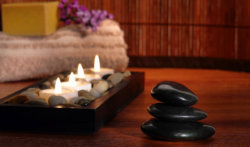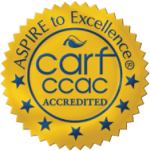
At Teen Depression, we offer Holistic Therapies that focus on treating a teenager’s whole being – physically, mentally, spiritually, and emotionally. We know that therapy sessions and certain medications can help in the management and treatment of mental health issues, but Holistic Therapies is another option that should be considered. As a leading Southern California based Teen Depression Rehab Treatment Center, we want to provide teenagers with the best programs that we can provide, and this is one of them.
What is involved in Holistic Therapy?
As mentioned, Holistic Therapy focuses on treating a teenager’s whole being – physically, mentally, spiritually, and emotionally. We take the time to understand the teenager’s diagnosis, the underlying causes for their diagnosis, environmental factors that may be affecting them negatively, and we also listen to other concerns that they may have. Once we gain that understanding, we then provide a holistic approach of treatment that involves tips regarding exercise, healthy eating, and more.
Are there research that backs up these claims? What is the goal of Holistic Therapy?
A study entitled, The Benefits of Exercise for the Clinically Depressed shows that regular exercise can positively benefit those with depression. A groundbreaking study called the The SMILES Trial concludes that by eating a healthier diet, individuals with moderate to severe depression can improve their mood. There are several other studies that support the notion that exercise and healthy eating can positively help those with depression. At Teen Depression, Holistic Therapies can differ from one patient to another, however, the general goal is that these holistic therapies are utilized to improve the teen’s overall quality of life.
At Teen Depression, it is our goal to introduce these holistic methods to our teenage clients. We believe that on top of their therapy sessions and medications, healthy eating and exercise can help them with their struggle against depression as well. If you are interested in learning more, please reach out to us at 888-226-0766.
Resources:
Craft, Lynette L., and Frank M. Perna. “The Benefits of Exercise for the Clinically Depressed.” The Primary Care Companion to The Journal of Clinical Psychiatry, vol. 06, no. 03, Jan. 2004, pp. 104–111., doi:10.4088/pcc.v06n0301.
Jacka, Felice N., et al. “A randomised controlled trial of dietary improvement for adults with major depression (The SMILES trial).” BMC Medicine, BioMed Central, 30 Jan. 2017, bmcmedicine.biomedcentral.com/articles/10.1186/s12916-017-0791-y. Accessed 29 Sept. 2017.

